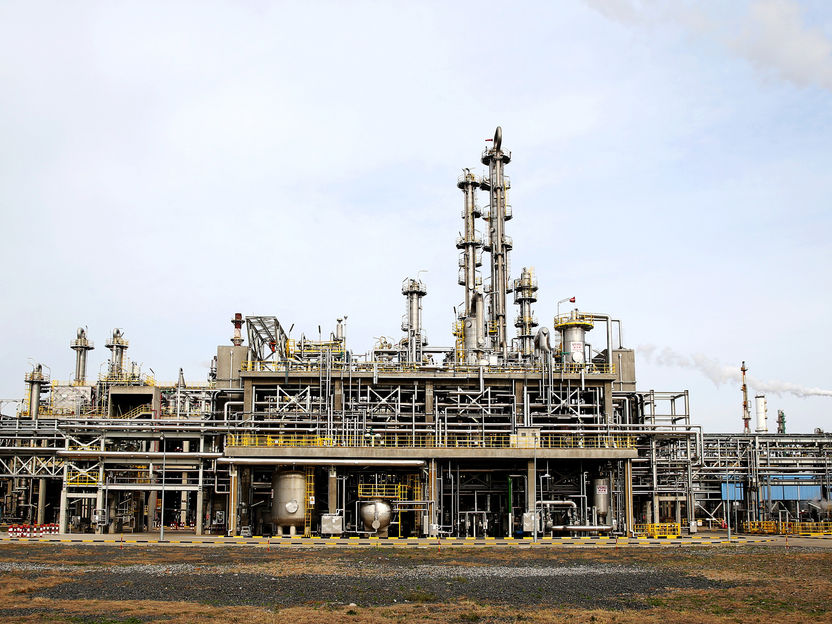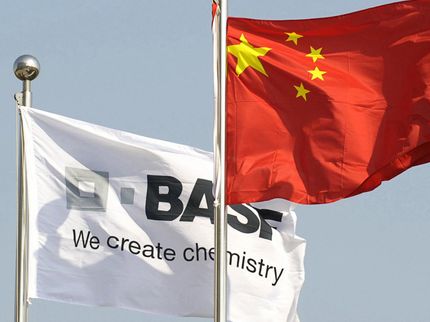BASF and SINOPEC expand production capacity for Neopentylglycol in Nanjing
Annual capacity to double, to 80,000 metric tons per year
BASF and SINOPEC will expand the production capacity of Neopentylglycol (NPG) at the state-of-the-art Verbund site, BASF-YPC Co., Ltd., a 50-50 joint venture in Nanjing, China. The plant was established in 2015 with an annual capacity of 40,000 metric tons. Following the expansion, the annual capacity will be doubled to 80,000 metric tons. The expanded capacity will come on stream in 2020.

BASF and SINOPEC will expand the production capacity of Neopentylglycol (NPG) at the state-of-the-art Verbund site, BASF-YPC Co., Ltd., a 50-50 joint venture in Nanjing, China. The plant (see photo) was established in 2015 with an annual capacity of 40,000 metric tons. Following the expansion, the annual capacity will be doubled to 80,000 metric tons. The expanded capacity will come on stream in 2020.
BASF SE
“With this increased capacity, we will support the fast-growing customer demand for high-quality NPG in China and the Asia Pacific region. The expansion is also in line with the trend towards environmentally friendly powder coatings with low volatile organic compounds, or VOCs,” said Narayan Krishnamohan, Senior Vice President, BASF Intermediates Asia Pacific. “As a globally leading supplier of NPG, we have decades of experience in manufacturing and supplying NPG to our customers across a broad range of industries. Customers will benefit from our regional presence, innovation strength, flexibility and reliability of supply.”
“The investment further strengthens strategic success between SINOPEC and BASF as we both support the trend of sustainable development. Both SINOPEC and BASF have confidence in Nanjing, Jiangsu, and its future prospects, as an ideal investment destination,” Mr Li Cheng Feng, Chairman of Sinopec Yangzi Petrochemical Company Limited and BASF-YPC Company Limited.
Other news from the department manufacturing

Get the chemical industry in your inbox
By submitting this form you agree that LUMITOS AG will send you the newsletter(s) selected above by email. Your data will not be passed on to third parties. Your data will be stored and processed in accordance with our data protection regulations. LUMITOS may contact you by email for the purpose of advertising or market and opinion surveys. You can revoke your consent at any time without giving reasons to LUMITOS AG, Ernst-Augustin-Str. 2, 12489 Berlin, Germany or by e-mail at revoke@lumitos.com with effect for the future. In addition, each email contains a link to unsubscribe from the corresponding newsletter.



























































